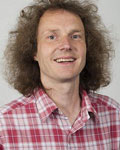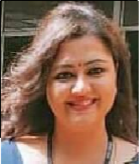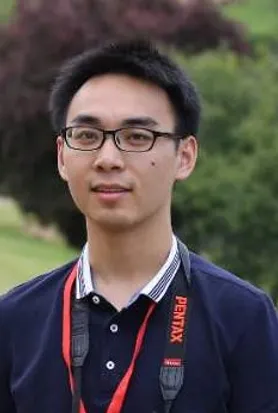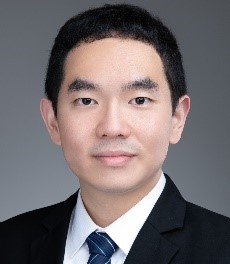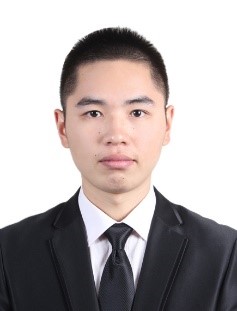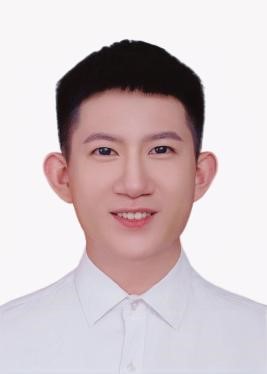KEYNOTE SPEAKERS
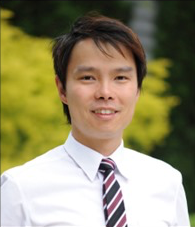
Prof. Chi-Kwan Lee
Professor, University of Technology, Sydney, Australia.
Wireless Power Transfer: Materials, Circuits, and Applications
Inductive power transfer (IPT) technology has obtained global acceptance as one of the efficient ways to supply power without any physical contacts. In 2009, Wireless Power Consortium published the Qi specification typically for mobile phone charging. A user places the mobile phone on a certain location of a charging surface that is designed appropriately to the phone size and shape. By using the electromagnetic induction technique, power is coupled between the charging station (i.e. transmitter) and mobile phone (i.e. receiver). A decade of development, IPT technology has been applied in a variety of domestic, biomedical, industrial, and transportation systems. On the one hand, the increasing of operating frequency to megahertz greatly reduces the size of the magnetic devices under the same transferred power, but on the other hand the high frequency operation brings challenges for power converters design at both transmitter and receiver. It is also important to note that the transmitter winding and the receiver winding become hardly well-aligned when the area of the magnetic coupler is reduced. This presentation will review the development and applications of wireless power transfer using inductive power transfer technology, and then discuss the winding designs, magnetics material and shielding methods.

Prof. Song Ci
Professor, IEEE Fellow, Electrical Engineering Department of Tsinghua University, China.
Dynamic Reconfigurable Battery: Theory and Practice
Battery has been widely used in many applications, such as consumer electronics, electric vehicles, back power systems and grid-level energy storage systems. However, it is challenging to design an efficient, cost-effective, reliable and safe battery systems due to the fundamental mismatch between battery cell variation and fixed series-parallel battery pack configuration. Thus, dynamic reconfigurable battery is proposed to overcome battery cell variation problems by utilizing the cutting-edge power electronics semiconductors, leading to a paradigm-shifting approach to battery system development and operation. Through dynamic reconfigurable battery, traditional battery systems can be transformed from analog energy systems into their digital counterparts, which turning battery into digital energy assets and further to be seamlessly integrated with Internet ecosystem, leading to a whole new energy as a service (EAAS) to end users. In this talk, the design philosophy and the overarching system framework of dynamic reconfigurable battery will be discussed, and the effectiveness and efficiency of digital battery energy storage systems based on dynamic reconfigurable battery will be demonstrated by extensive experimental results and real-world case studies.

Prof. Xiongfei Wang
Professor, IEEE Fellow, the Department of Electrical Engineering, KTH Royal Institute of Technology, Stockholm, Sweden
Harnessing Grid-Forming Converters for Sustainable Energy Systems
Modern energy grids are experiencing notable shifts propelled by the large-scale integration of renewable energy sources and the electrification of industrial and transportation sectors. Among these transformations, grid-forming power electronic converters stand out as pivotal building blocks in safeguarding grid stability and resilience. This talk will begin with a critical review of latest grid-forming capability requirements, and then explore the opportunities and challenges with the widespread adoption of grid-forming converters.
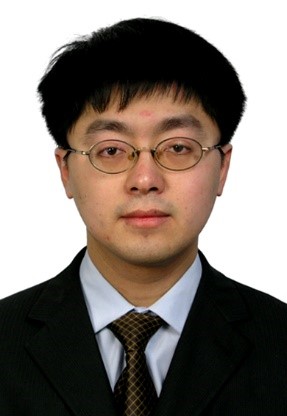
Prof. Dai Xin
Professor of the School of Automation, Chongqing University, Chongqing, China, and the Associate Director of National International Research Center of Wireless Power Transfer.
A Flexible Tuning Method for ZPA Frequency Operation of Multiple Excitation Units-WPT System by DC Input Voltages Regulation
This speech will present a flexible tuning method for zero phase angle (ZPA) frequency operation of a Multiple Excitation system at a constant frequency. This method can realize a dynamical tuning without additional variable inductor or capacitor. Only DC input regulation is utilized to realize a flexible tuning. This speech will introduce main principle of dynamical tuning and ZPA frequency regulation method.

